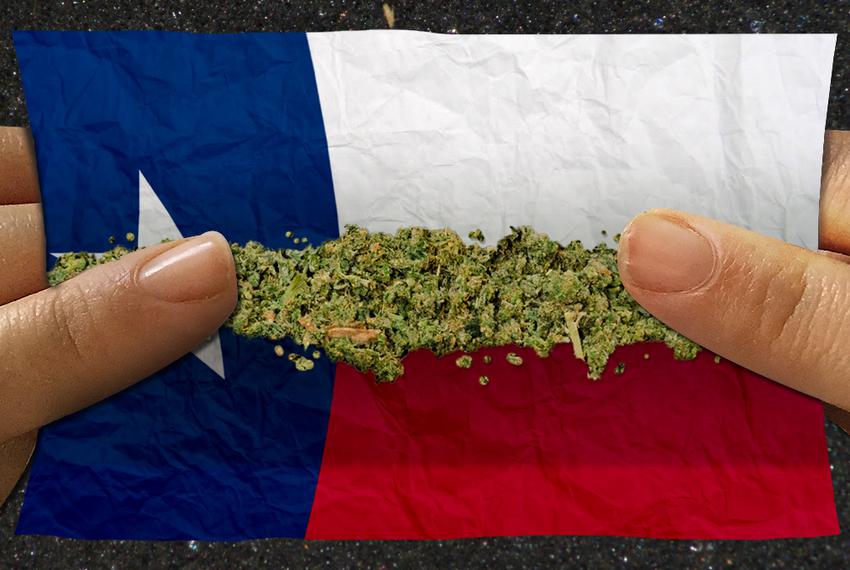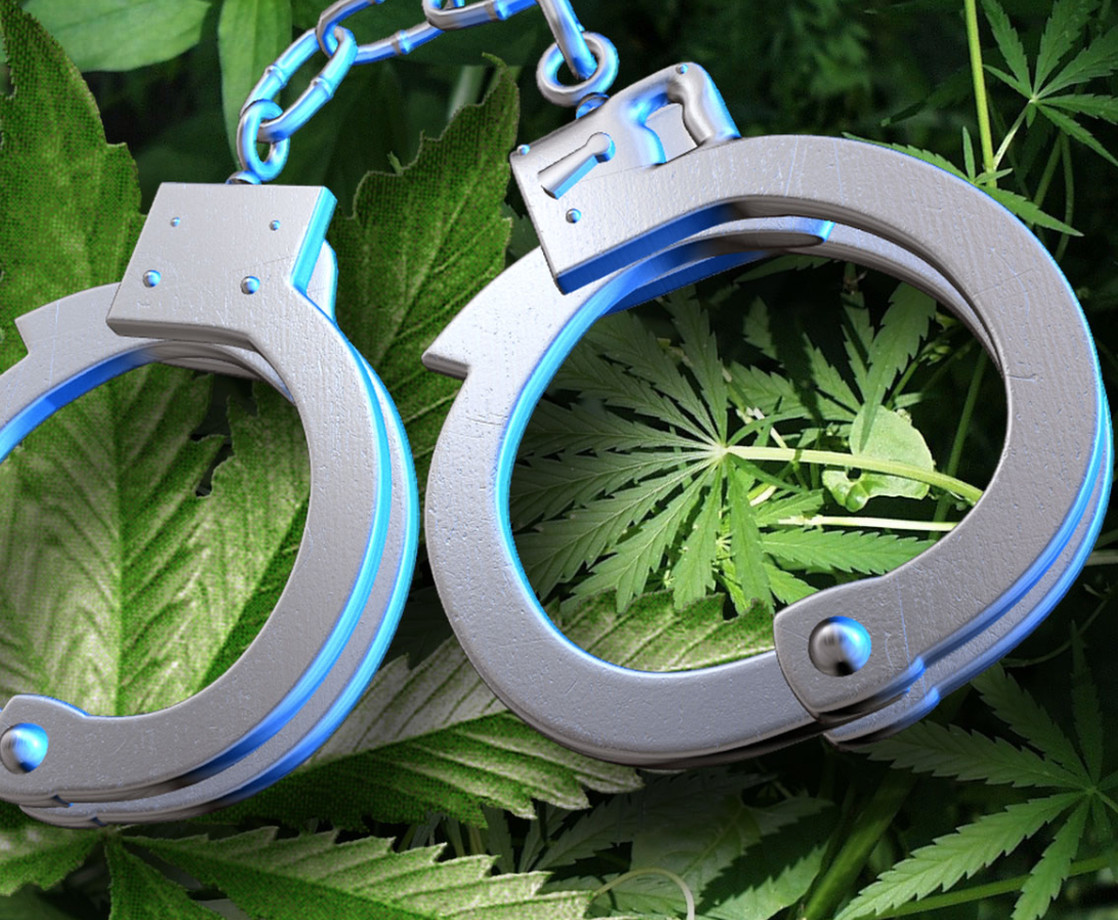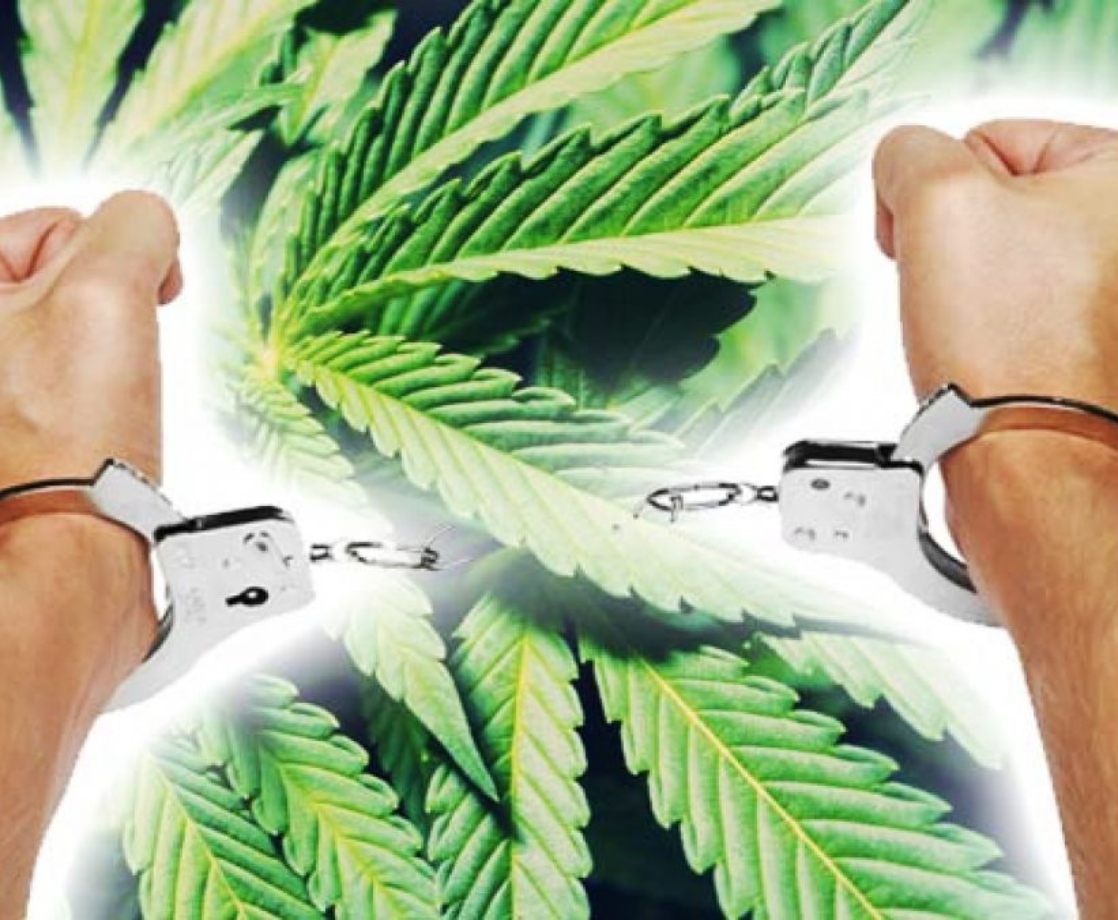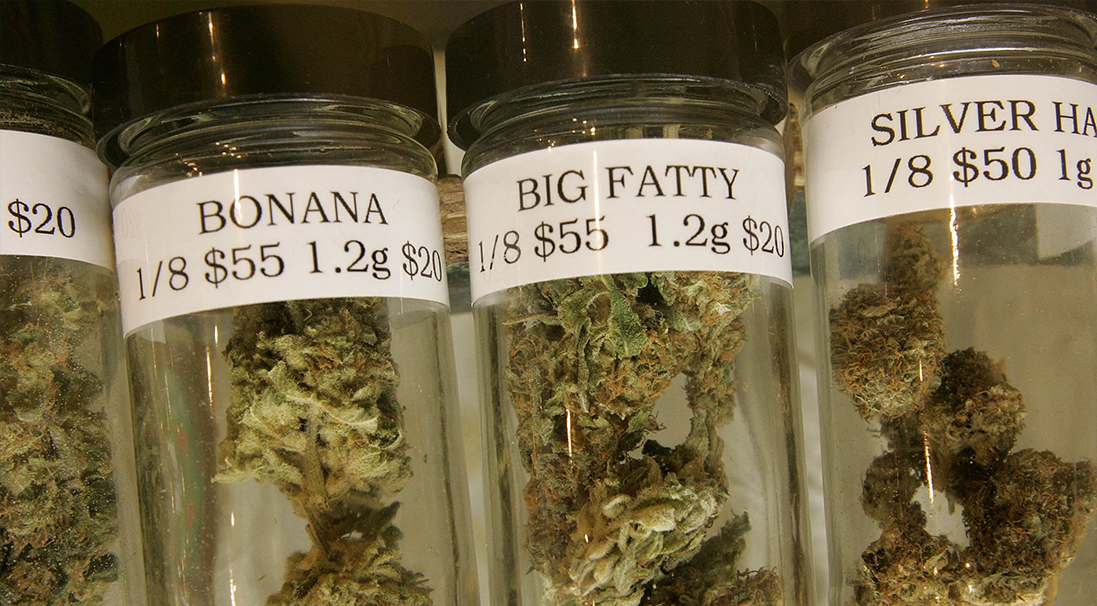Image via
Emergency Room workers in Austin, Texas could soon be treating the traumas of the job with medical cannabis. Last Monday, the city’s public safety committee held a hearing on allowing first responders to consume cannabis.
The debate is a follow-up to the September passage of Texas’ House Bill 1535. That bill recognized post-traumatic stress disorder (PTSD) and cancer as qualifying health conditions for medicinal cannabis prescriptions. (It also bumped up the amount of THC allowed in therapeutic weed to one percent — three times higher than what’s allowed by the 2018 US Farm Bill that federally legalized hemp — from its previous .5 percent limit.)
HB 1535’s passage doubled the number of registered cannabis patients in the state, which has led to heightened concerns over the sparse supply of medicinal weed in the Lone Star State.
The new rule still might not be a permissive enough limit. One percent THC is still far below limits imposed by other states on medical marijuana products and patients. Indeed, a 2021 report by Rice University’s Baker Institute for Public Policy found that 84 percent of Texas cannabis patients had considered leaving the state to live in an area with a better medical cannabis program.
But at least for now, a profession that desperately needs access to medical weed — a remedy that’s infinitely less harmful than legal numerous prescriptions — may see a step toward health justice.
“Most people in public safety do have PTSD undiagnosed or diagnosed,” said Austin EMS Association president Selena Xie.
Muhammad Saad, Texas Tech University psychiatry fellow, told the Texas Tribune that it is THC that is the cannabinoid in cannabis that affects the amygdala, the part of the brain that controls fear responses.
“Medical marijuana calms them down,” said Saad. “It also decreases nightmares.”
There are some caveats on Austin’s proposed rule change. First responders who carry guns or operate commercial motor vehicles on the job would still be banned from using cannabis.
Austin is one of the leaders of cannabis reform in Texas. This May, the city will vote on a ballot measure that would decriminalize weed, banning arrests and citations for small-scale possession of the drug. (The same initiative would also eliminate “no knock” warrants like the one that led to the death of Breonna Taylor in Kentucky during 2020.) In 2019, Dallas got out in front on this issue by passing a cannabis decriminalization measure that deprioritized the prosecution of weed-related misdemeanors.
A bill at the state level that would decriminalize some cannabis-related offenses was approved by the Texas House of Representatives in May of last year — the second year in a row that similar legislation was approved before dying in the Senate.
The fight for loosening the grips of prohibition is still an uphill battle in Texas. In October, lawmakers banned delta-8-THC products statewide, a policy change that confused and angered many hemp purveyors that sell the hemp-derived product.











